2010
Arnautovic, E.; Vallée, M.; Rehm, S. -V.; Müthel, M.; Mulvenna, M.; Baumgarten, M.; Karyotis, V.; Papavassiliou, S.; Hadjiantonis, A. M.; Stathis, K.
Towards self-managing systems inspired by economic organizations Conference
Istanbul, 2010, ISSN: 1062922X, (cited By 1; Conference of 2010 IEEE International Conference on Systems, Man and Cybernetics, SMC 2010 ; Conference Date: 10 October 2010 Through 13 October 2010; Conference Code:83423).
Abstract | Links | BibTeX | Tags: Adaptive systems; Industry; Knowledge management; Societies and institutions, Knowledge representation
@conference{Arnautovic2010888,
title = {Towards self-managing systems inspired by economic organizations},
author = {E. Arnautovic and M. Vallée and S. -V. Rehm and M. Müthel and M. Mulvenna and M. Baumgarten and V. Karyotis and S. Papavassiliou and A. M. Hadjiantonis and K. Stathis},
url = {https://www.scopus.com/inward/record.uri?eid=2-s2.0-78751548552&doi=10.1109%2fICSMC.2010.5641875&partnerID=40&md5=a4676cbb53e55eff2d82ad2aeb41bad8},
doi = {10.1109/ICSMC.2010.5641875},
issn = {1062922X},
year = {2010},
date = {2010-01-01},
journal = {Conference Proceedings - IEEE International Conference on Systems, Man and Cybernetics},
pages = {888-895},
address = {Istanbul},
abstract = {Today's self-managing systems would ideally be able to adapt themselves (their internal structure or behavior), as well as to autonomously participate in larger, self-organizing systems. Analogously, the enterprises or other socio-economic systems autonomously manage themselves - they make decisions on how to adapt their structure and behavior, and how to organize with other entities in the environment. To connect internal self-adaptive with external self-organizational behavior, an enterprise is "aware" of itself and of its environment, and acts according to this awareness. T his position paper proposes to address the challenges of a complex distributed self-managing system by making entities in such a system able to adapt themselves similarly to how companies manage themselves in socio-economic systems. To enable the knowledge transfer between these two fields, the paper proposes to utilize symbolic models which will be used by self-managing systems for knowledge representation and reasoning. This will make such systems in a way also self-aware and enable both self-adaptive and self-organizing capabilities. The paper discusses research directions to make this approach possible. ©2010 IEEE.},
note = {cited By 1; Conference of 2010 IEEE International Conference on Systems, Man and Cybernetics, SMC 2010 ; Conference Date: 10 October 2010 Through 13 October 2010; Conference Code:83423},
keywords = {Adaptive systems; Industry; Knowledge management; Societies and institutions, Knowledge representation},
pubstate = {published},
tppubtype = {conference}
}
Today's self-managing systems would ideally be able to adapt themselves (their internal structure or behavior), as well as to autonomously participate in larger, self-organizing systems. Analogously, the enterprises or other socio-economic systems autonomously manage themselves - they make decisions on how to adapt their structure and behavior, and how to organize with other entities in the environment. To connect internal self-adaptive with external self-organizational behavior, an enterprise is "aware" of itself and of its environment, and acts according to this awareness. T his position paper proposes to address the challenges of a complex distributed self-managing system by making entities in such a system able to adapt themselves similarly to how companies manage themselves in socio-economic systems. To enable the knowledge transfer between these two fields, the paper proposes to utilize symbolic models which will be used by self-managing systems for knowledge representation and reasoning. This will make such systems in a way also self-aware and enable both self-adaptive and self-organizing capabilities. The paper discusses research directions to make this approach possible. ©2010 IEEE.
